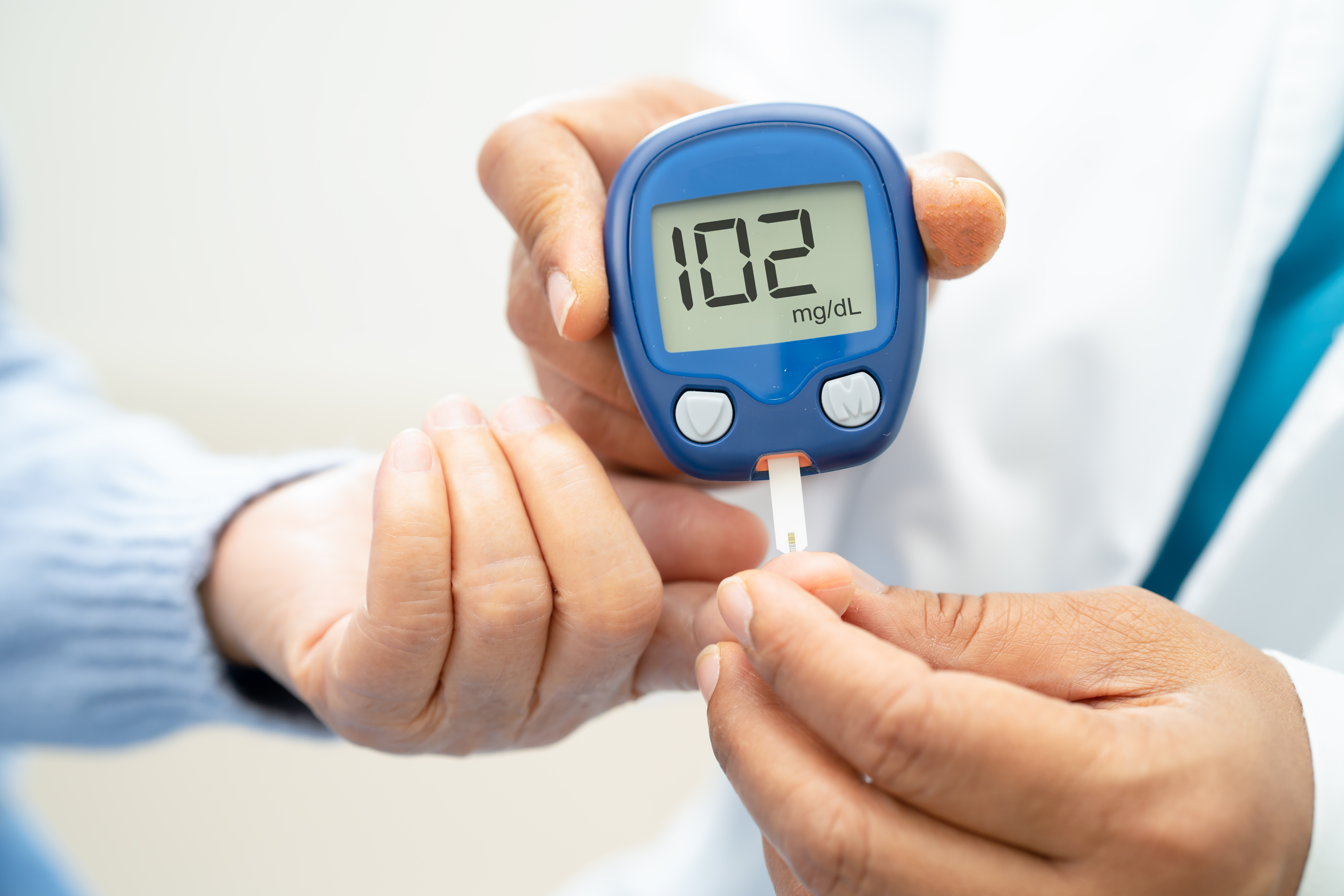21 Medications That Could Be Contributing to Your Weight Gain
3. Steroids: The Double-Edged Sword of Inflammation Control

Steroids, particularly corticosteroids like prednisone and dexamethasone, are powerful anti-inflammatory drugs used to manage conditions ranging from asthma and autoimmune disorders to severe allergic reactions. While they are highly effective in reducing inflammation and suppressing immune system overactivity, they are also notorious for causing weight gain. This occurs due to increased appetite, fluid retention, and changes in fat distribution, often leading to a "moon face" appearance and abdominal weight gain. Long-term steroid use can also disrupt hormone levels, making weight loss more challenging. Managing weight while taking steroids involves balancing calorie intake, focusing on whole foods, staying active, and being mindful of sodium intake to reduce water retention. If long-term steroid use is necessary, discussing alternative dosing strategies or tapering schedules with a doctor may help minimize these side effects.
4. Diabetes Medications: A Paradoxical Effect

Diabetes medications are designed to regulate blood sugar levels, but some may paradoxically lead to weight gain. Insulin therapy, a crucial treatment for type 1 and advanced type 2 diabetes, can promote fat storage and increased appetite, leading to gradual weight gain over time. Additionally, oral medications such as sulfonylureas and thiazolidinediones stimulate insulin production, which can also contribute to increased fat accumulation. While controlling blood sugar is the priority, there are ways to minimize medication-induced weight gain. Patients can work with their healthcare provider to adjust insulin dosages, adopt a balanced diet with slow-digesting carbohydrates, engage in regular physical activity, and explore alternative diabetes medications like GLP-1 receptor agonists, which may aid in weight loss. Proper diabetes management is about finding the right balance between blood sugar control and maintaining a healthy weight.
